.avif)
.avif)
Customer loyalty is harder to earn and even harder to keep. More than half of consumers will switch to a competitor after just one bad experience. This makes customer retention more important than ever. Personalizing your marketing efforts is one of the most effective ways to retain customers and turn them into loyal advocates. By understanding their preferences and offering tailored experiences, you create lasting connections that keep customers coming back. In this blog, we’ll discuss how personalized marketing strategies can boost retention, reduce churn, and drive sustained growth for your business.
At a Glance:
- Personalized marketing strengthens customer relationships by delivering relevant content to enhance the customer experience.
- Data collection and segmentation are important for creating personalized marketing approaches that connect with diverse customer segments.
- Automation helps in scaling personalization efforts while ensuring the timely delivery of personalized content across multiple channels.
- Balancing personalization and privacy is crucial for maintaining customer trust and ensuring compliance with data security regulations.
- Consistent and seamless personalization across all touchpoints improves engagement and brand perception, contributing to long-term customer loyalty.
What is Personalized Marketing?
Personalized marketing means crafting content, messages, and offers based on each customer’s unique preferences, behaviors, and brand interactions. With first-party data like purchase history, browsing behavior, and demographics, you can craft highly targeted marketing campaigns that resonate with your audience.
Why is Personalization Important for Retention?
Personalization helps in retaining customers as it strengthens the bond between your brand and customers by adding a layer of relevance and care. When customers feel valued, they return and continue engaging with your brand.
Here’s why personalization is key to retention:
- Enhanced Customer Experience: Personalization makes customers feel like the brand understands their needs, leading to better experiences.
- Stronger Emotional Connection: Tailored experiences foster a sense of loyalty and belonging, making customers more likely to stay.
- Higher Lifetime Value: By making customers feel valued, personalized experiences can increase CLV, driving long-term growth.
What are the Key Benefits of Personalized Marketing?
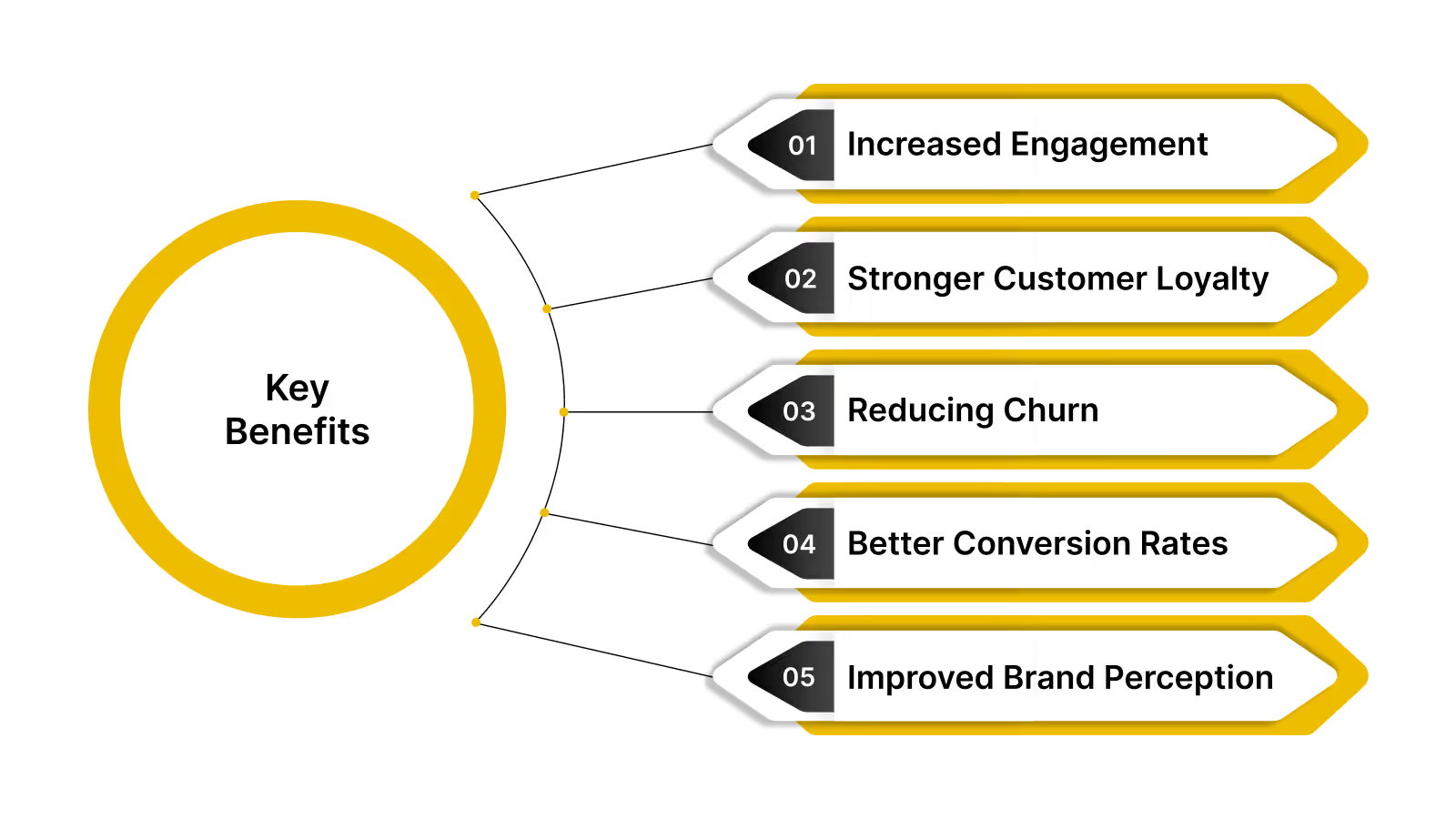
Personalized marketing is a potent tool for improving engagement, reducing churn, and driving sustainable business growth. Here's how it contributes to your brand's success:
1. Increased Customer Engagement
When your content speaks directly to customers’ interests, they are more likely to engage. Sending personalized emails, offers, and product recommendations captures attention far more effectively than generic messages. This increased customer engagement leads to higher open rates. You may also notice increased website traffic and higher conversions.
2. Building Stronger Customer Loyalty
Loyalty stems from experiences that make customers feel valued. By offering personalized experiences at every touchpoint, you foster a sense of belonging. A personalized loyalty program from a platform like Nector or exclusive offers tailored to customer preferences can further strengthen this bond.
3. Reducing Churn and Improving ROI
Personalized marketing reduces churn by staying relevant to customers over time. When customers receive timely, relevant content and offers, they are less likely to feel ignored or disconnected. Personalization also boosts ROI because customers are more likely to make a purchase when they feel that the offer is tailored to them. This results in better conversions and a more cost-effective marketing strategy.
4. Better Conversion Rates
Personalized marketing strategies increase conversion rates because they speak directly to the customer’s needs, preferences, and past behaviors. By delivering relevant content, offers, and recommendations at the right time, brands can capture attention and inspire action, leading to higher purchase rates and increased revenue.
5. Improved Brand Perception and Advocacy
When customers receive personalized experiences, it signals that a brand understands and values them. This creates stronger emotional connections, building trust and improving overall brand perception. When customers feel satisfied, they’re more inclined to talk about your brand positively. Additionally, they can even turn into brand advocates who organically spread awareness to their networks.
To maximize customer retention benefits, tools like Nector, a no-code loyalty platform, can be of great help. Nector assists brands to deepen customer relationships by recognizing and rewarding loyalty in smarter ways. It lets D2C brands build personalized programs that feel natural to the customer journey. With Nector, you can expect stronger repeat purchases and higher lifetime value from your customers.
Also Read: Why Loyalty Programs Are Key to Scaling Your Shopify DTC Store in 2025
How to Implement Personalized Marketing Strategies?
Implementing a personalized marketing strategy requires data, the right tools, and a well-thought-out plan. Here's how to create a tailored approach that resonates with your audience:
1. Collect and Analyze Customer Data
The first step in personalization is data collection. To create relevant and targeted experiences, you need to gather customer insights through their interactions with your brand.
This can include:
- Browsing behavior
- Purchase history
- Location
- Social media activity
The more data you collect, the better equipped you are to personalize your marketing messages and offers.
2. Use Segmentation to Deliver Targeted Content
Segmentation allows you to divide your customer base into smaller groups. It can be based on shared traits or behaviors.
This approach ensures:
- The content you deliver is highly relevant to each group.
For example, you might send special offers to customers who have purchased similar products or create content that speaks to a particular customer segment's interests or needs.
3. Use AI and Machine Learning for Real-Time Personalization
With AI and machine learning, you can adjust content dynamically to better match individual customer needs.
These technologies help:
- Analyze customer data faster
- Predicts customer preferences and behaviors.
For instance, machine learning can recommend products based on past purchases or predict when a customer is likely to make another purchase. This makes it possible to reach customers with the right offer at the perfect moment.
How to Utilize Customer Feedback to Enhance Personalization?
Customer feedback is one of the most valuable tools for improving personalized marketing efforts. Gathering insights directly from your customers helps you adapt and refine your strategies, ensuring they align with customer expectations.
Importance of Collecting Customer Feedback
Customer feedback gives you a clear view of what resonates with your audience. It also gives you an idea of what they dislike and expect from your brand. Whether it’s through surveys, product reviews, or customer service interactions, this data reveals pain points and areas for improvement.
Paying attention to customer input demonstrates that their voice matters to your brand, creating a stronger emotional connection and enhancing retention efforts. The more specific the feedback, the better tailored your marketing strategies can be.
Adapting Strategies Based on Feedback Insights
Customer feedback is about acting on the collected data. You must use insights to adjust your marketing approach, optimize product offerings, and make your campaigns even more relevant.
For example, if a customer suggests more eco-friendly product options, consider incorporating that into your marketing messaging.
Similarly, if customers express dissatisfaction with delivery times, prioritize solutions to streamline logistics. Personalized marketing thrives when it’s dynamic and responsive, ensuring your customer relationships remain strong and relevant.
How to Create Tailored Content to Boost Retention?
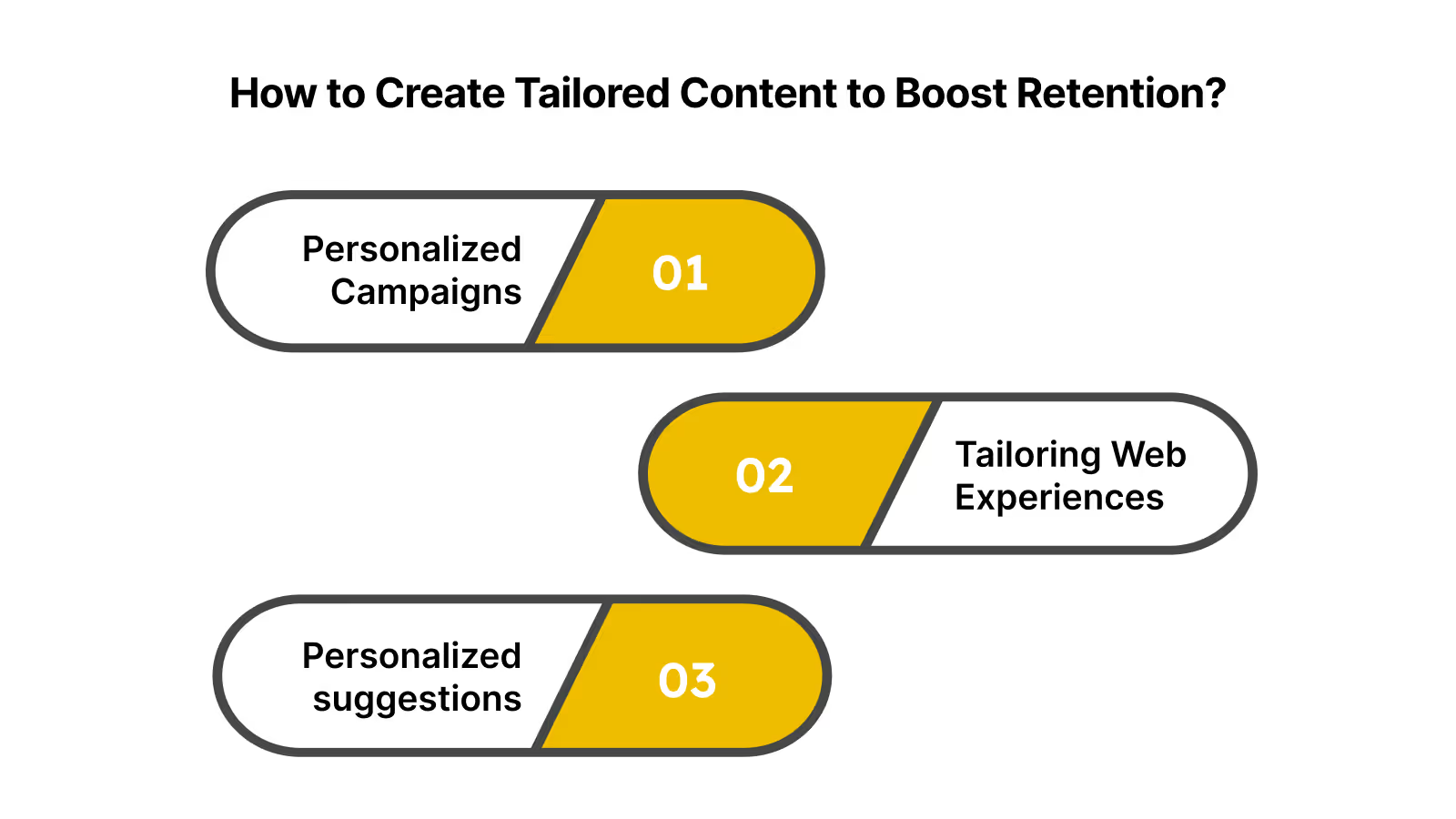
Tailoring content is central to personalization. Whether it’s emails, ads, or website experiences, the content must be aligned with the customer’s journey and preferences.
1. Crafting Personalized Email Campaigns
Personalized emails are one of the most effective ways to engage customers. When you deliver personalized discounts or recommendations, customers are more likely to act because it feels timely and tailored.
Besides, automation tools can help personalize email campaigns based on customer behavior, making them timely and impactful.
2. Tailoring In-App and Web Experiences
To make personalization truly impactful, you should offer real-time, tailored recommendations as users browse your site or app. For example, showcase "You Might Also Like" carousels on product pages or personalized content banners after login.
Behavior-driven pop-ups with special promotions or re-engagement offers keep customers engaged and encourage purchases. Targeted promotions like these can lift sales by 1 to 2 percent and improve margins by 1 to 3 percent, proving that personalization directly boosts both revenue and profitability.
3. Personalized Product Recommendations
Utilize customer data to provide personalized recommendations throughout the customer journey. Visualize the user’s browsing and purchase history by suggesting "related products" or "complete the look" ideas.
These recommendations can be displayed in emails, on product pages, or via personalized app pop-ups, enhancing both the shopping experience and conversion rates.
What are Some Tools and Technologies for Personalization?
To make personalization effective, you need the right tools and technologies in place. Here are some of the key platforms that can help you deliver a seamless personalized experience.
1. Platforms for Data Collection and Analytics
These platforms track customer behavior across all touchpoints, providing valuable data to guide personalized marketing efforts.
How this helps:
- Track Behavior: Monitor actions across websites, apps, and emails.
- Data-Driven Personalization: Segment customers based on behaviors.
- Real-Time Insights: React instantly to customer needs.
- Inform Strategy: Use data to craft tailored campaigns.
2. Using Automation for Personalization
Automation streamlines personalized marketing, ensuring timely, relevant content delivery without manual effort.
How this helps:
- Efficient Personalization: Automate emails, recommendations, and offers.
- Optimal Timing: Deliver messages at the right moment.
- Scalability: Personalize at scale, no manual input needed.
- Consistency: Ensure consistent, relevant customer experiences.
3. No-Code Platforms for Easy Implementation
Marketers don’t need to rely on developers anymore. Tools like Nector simplify the entire process, helping brands launch targeted loyalty programs, personalize every customer touchpoint, and sync real-time data from platforms like Shopify and WooCommerce; all without writing a single line of code.
How this helps:
- Quick Setup: Go from idea to execution in minutes.
- Empowers Marketing Teams: Your non-tech team can now manage end-to-end personalization.
- Cost-Efficient: Skip dev-heavy custom integrations.
- Speed to Market: Launch fast, iterate faster, attract more customers while retaining the existing.
Overcoming Common Challenges in Personalized Marketing
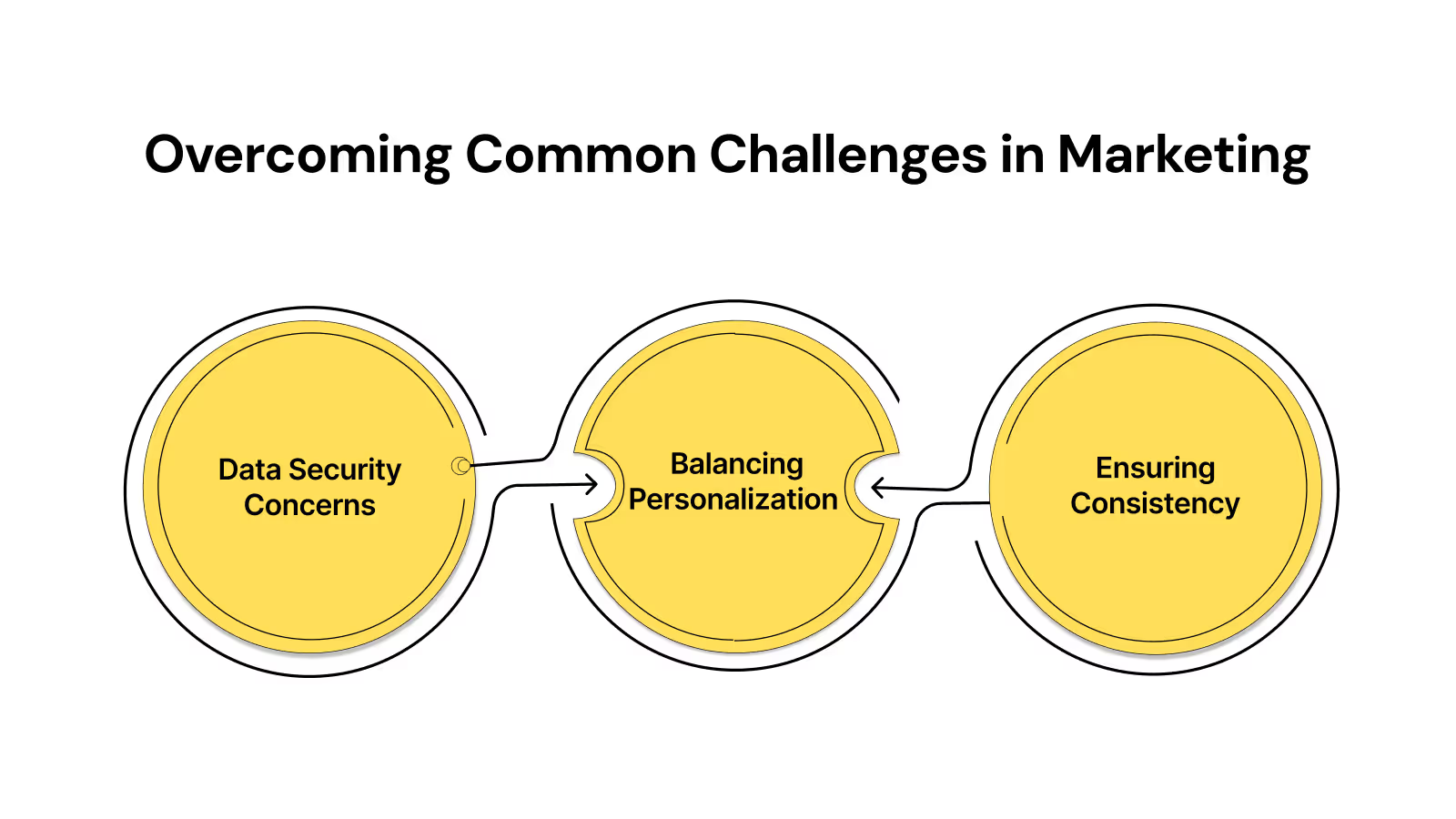
Personalization is powerful, but it’s not without its challenges. Here’s how to tackle the most common hurdles:
1. Privacy and Data Security Concerns
With increasing concerns over how businesses handle personal data, safeguarding customer information is critical. However, adhering to data privacy regulations like GDPR and CCPA can be tough. Besides, mismanagement can also lead to legal consequences and a damaged reputation.
How to fix it:
- Ensure adherence to regulations like CCPA, GDPR and other regional laws.
- Be clear about how customer data is collected, stored, and used.
- Secure customer data through encryption to safeguard against breaches
- Always get consent before collecting or using personal information.
2. Balancing Personalization Without Overdoing It
Personalization can backfire if taken too far, leading to discomfort or privacy concerns. Finding the right balance is essential to earn customer trust while keeping them engaged.
How to fix it:
- Keep offers relevant and non-intrusive.
- Give customers control over what data they share.
- Personalize based on minimal, necessary data.
- Regularly ask for feedback on personalization preferences.
3. Ensuring Consistency Across Touchpoints
Inconsistent messaging across channels can confuse or frustrate customers. It is one of the biggest challenges as it hurts the customer experience and brand perception. Ensuring uniformity in personalized content is extremely important for trust and engagement.
How to fix it:
- Develop a unified strategy for all touchpoints.
- Keep your messaging unified across every channel to build trust and brand recognition.
- Review all communication channels regularly for consistency.
- Use platforms that integrate emails, website, and app personalization seamlessly.
Also Read: Customer Retention Software Platforms: Powering Loyalty Triggers for Win-Back Campaigns
The Future of Personalized Marketing in Customer Retention
With customer expectations constantly shifting, personalized marketing will only become more important. Brands that use innovative personalization strategies can thrive in an increasingly competitive marketplace. Here’s what you must keep in mind:
1. Emerging Trends in Personalization
Personalization trends continue to evolve with the rise of new technologies. Technologies like AI, ML, and real-time analytics are set to enhance the ability to deliver dynamic, tailored experiences. By embracing these trends, businesses can create even more customized interactions with their customers.
2. Adapting to Evolving Customer Expectations
Customers are more demanding than ever before, expecting hyper-relevant experiences. Businesses thus need to innovate and adapt constantly to meet these evolving expectations. By doing so, they ensure they stay connected with their audience and continue to provide value in a personalized way.
Make Effortless Customer Retention at Scale with Nector
Personalized marketing goes beyond creating unique customer experiences. You have to make your brand resonate on a deeper level with every individual. With Nector, you can easily automate personalized loyalty and rewards programs tailored to each customer’s journey, creating long-lasting connections and ensuring your customers keep coming back.
Nector enables e-commerce brands on Shopify and WooCommerce to sync customer data seamlessly and deliver personalized touchpoints across the entire lifecycle. Its suite of well-designed features includes loyalty rewards, tiered points programs, referral incentives, and review automation; all manageable from a clean dashboard.
Plus, over 50 integrations (with tools like Klaviyo, Mailchimp, Judge.me) allow you to trigger targeted emails, optimize product recommendations, and run loyalty workflows without additional tech overhead. Sign up now to turn one-time buyers into lifetime customers.

Wrapping Up
Personalized marketing is the future of customer retention. It’s not just about sending the right messages at the right time. You have to build lasting relationships with your customers and make them feel valued and understood.
By utilizing the right tools, data, and strategies, businesses can drive long-term growth, improve loyalty, and reduce churn.
So start smartly strengthening your customer retention today. Let Nector take personalization to the next level and help you build stronger connections with your customers. Book a Demo with us now!
FAQs
How can we personalize marketing efforts to enhance customer experience?
By using customer data, like purchase history and browsing behavior, you can tailor content, offers, and communication to individual preferences. This creates relevance and makes customers feel understood, improving engagement and satisfaction.
What is an example of a personalized customer experience?
A birthday discount email or a follow-up suggesting products that complement a previous purchase, like recommending a moisturizer after someone buys a cleanser. It’s relevant, timely, and adds value.
What is the primary benefit of personalization in customer experience?
It builds loyalty. When customers receive experiences that feel tailored to them, they’re more likely to return, engage with your brand, and become long-term buyers.
What are the most effective personalization techniques that have increased your customer retention?
Behavior-based segmentation, dynamic product recommendations, personalized email flows, and loyalty programs that reward individual actions, all contribute to stronger retention and repeat purchases.
How can CRM automation improve customer retention and engagement?
CRM tools can automate key touchpoints, like welcome emails, cart reminders, or re-engagement campaigns—based on customer behavior. This ensures consistent, timely, and relevant communication that keeps your brand top of mind.
Start Building Customer Retention That Lasts


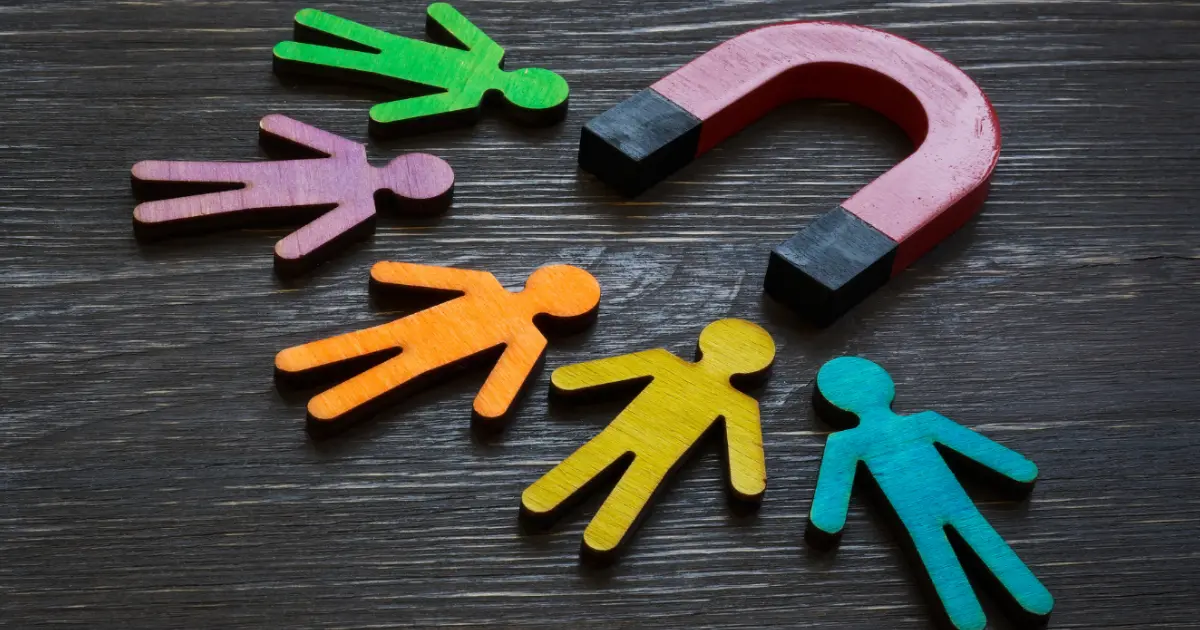

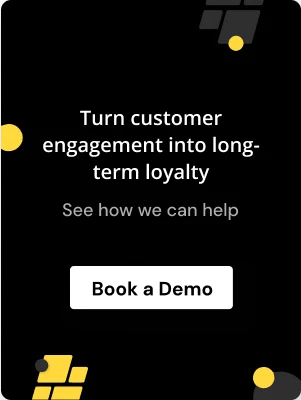
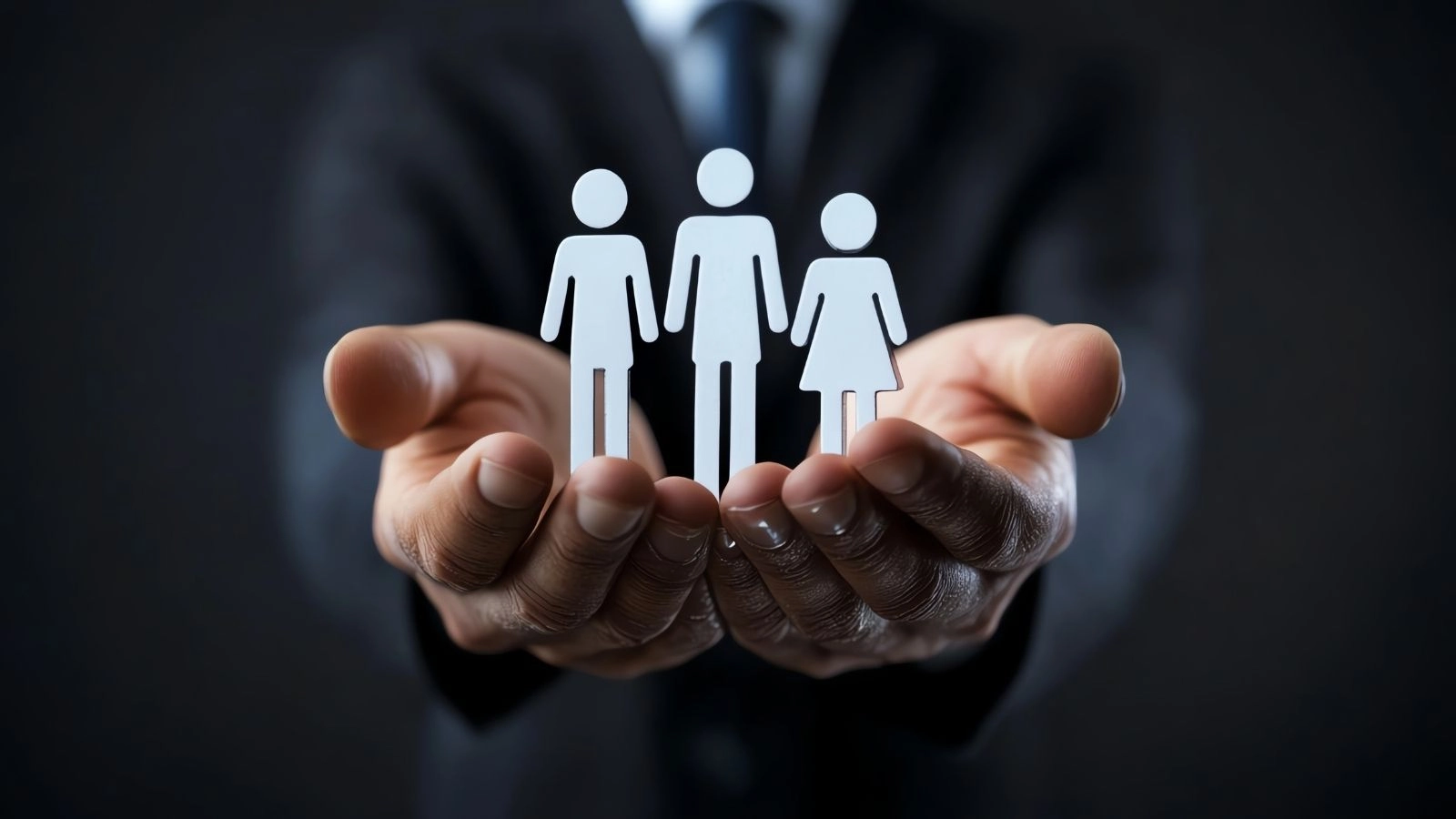
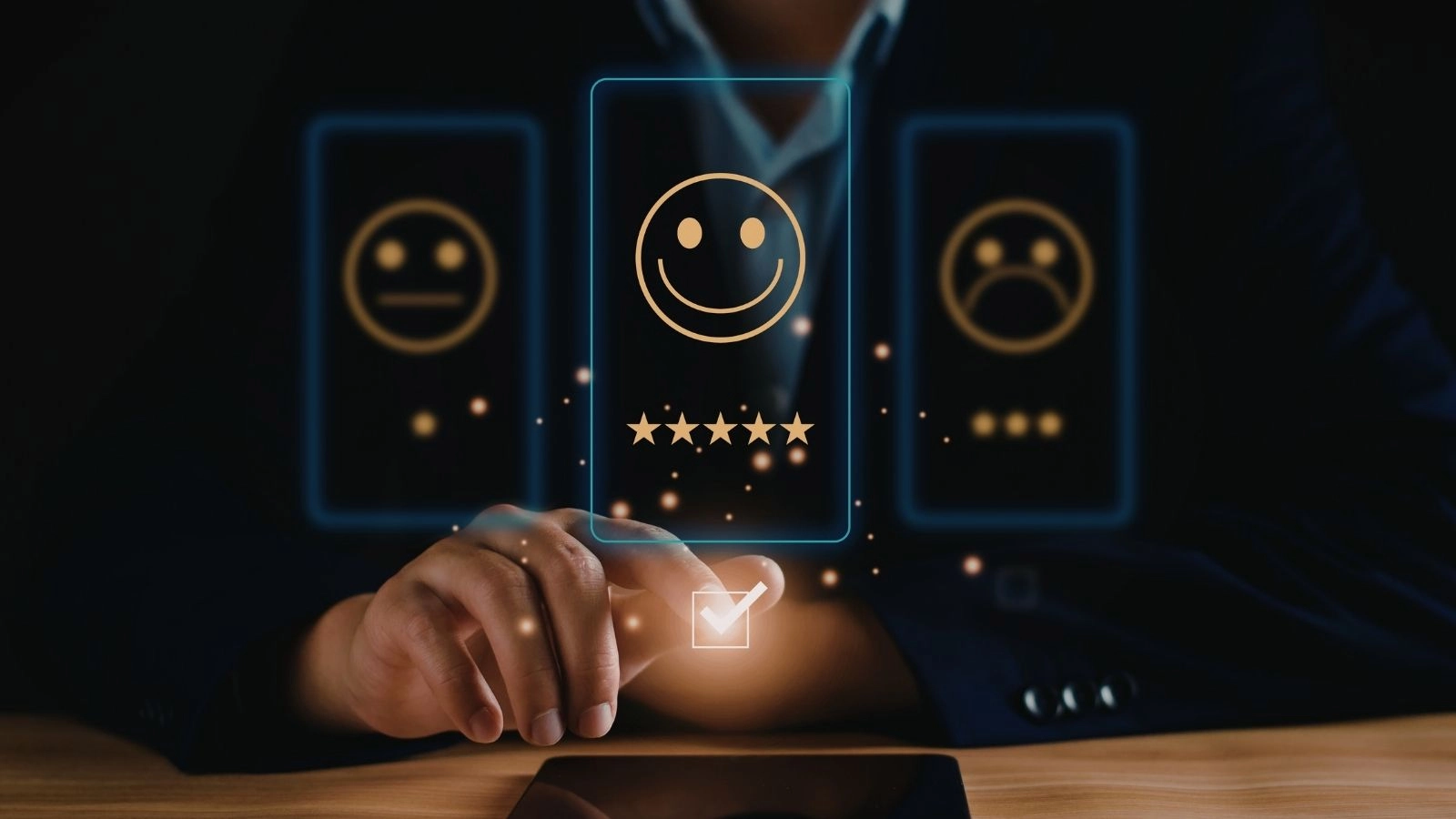
.avif)

